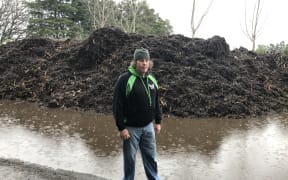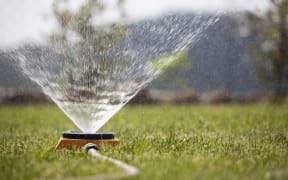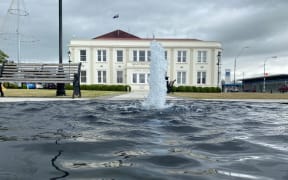Analysis - Will 2021 be the year the world really values water? If Wall Street sets the tone, it will be.
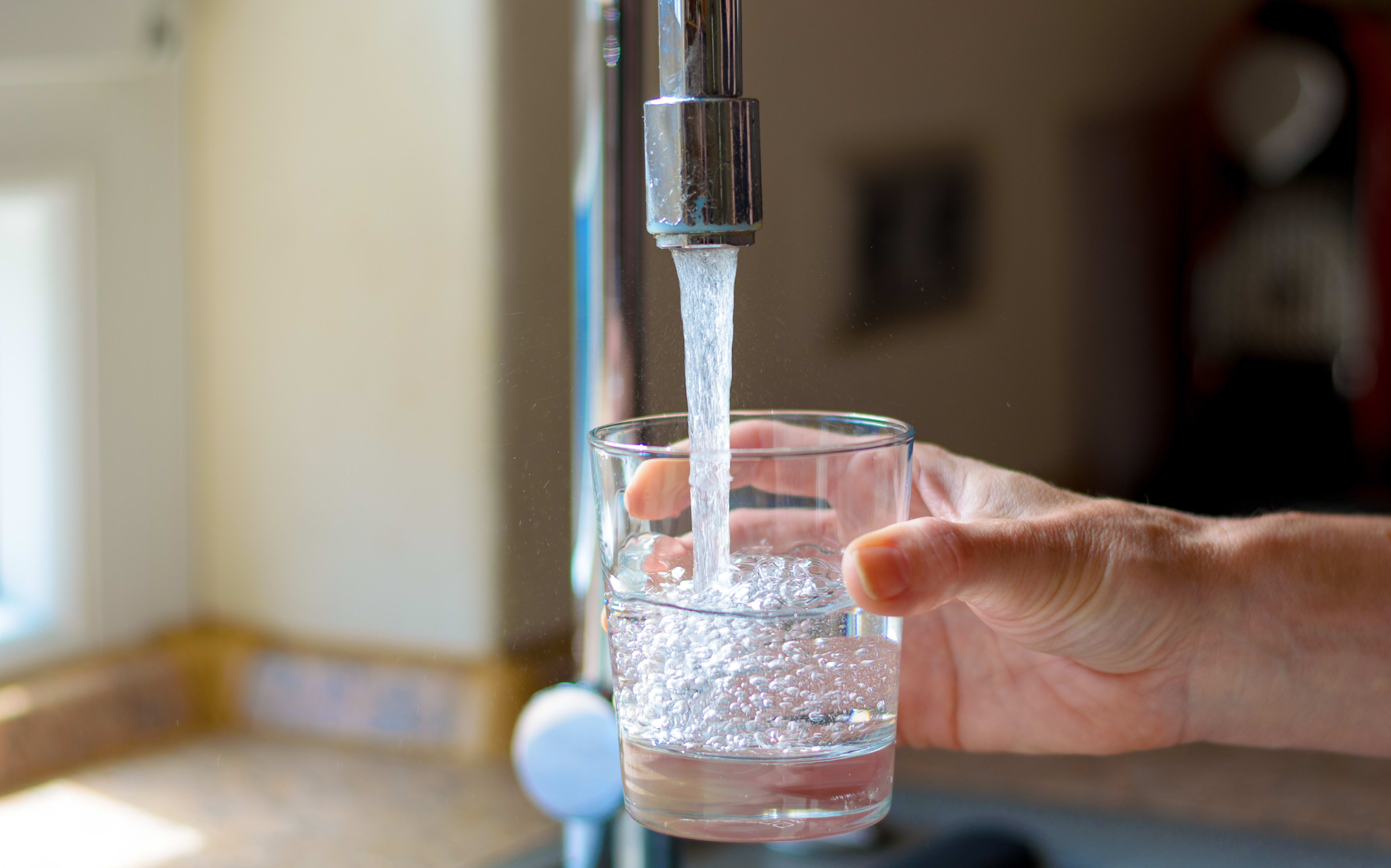
Photo: Michael Heim/ 123rf
For almost 230 years, agricultural commodities have been bought and sold in New York's finance district.
Now the NASDAQ stock exchange - which celebrates 50 years of activity next month - has put a price on our most vital substance: water contracts for five water districts in drought-prone California are being bought and sold.
The new water futures contract allows buyers and sellers to barter a fixed price for the delivery of fixed quantity of water at a future date.
In December, for the first time, water futures for California districts were also being traded on the floor of the world's second biggest market. The concept had been mooted for decades.
Tim McCourt, a specialist at the CME Group behind the scheme, said the company was using its "proven 175-year track record" to help "end users and other market participants manage risk in essential commodity markets".
"With nearly two-thirds of the world's population expected to face water shortages by 2025, water scarcity presents a growing risk for businesses and communities around the world, and particularly for the $1.1 billion California water market.
"Developing risk management tools that address growing environmental concerns is increasingly important to CME Group."
At the time of print, the NASDAQ Veles futures had risen by 2.75 percent and were heading north.
The move was quickly criticized by public health specialists.
Pedro Arrojo-Agudo, the United Nations' special rapporteur on the human rights to safe drinking water and sanitation, was direct in his opposition.
"You can't put a value on water as you do with other traded commodities.
"Water belongs to everyone and is a public good. It is closely tied to all of our lives and livelihoods, and is an essential component to public health.
"Water is already under extreme threat from a growing population, increasing demands and grave pollution from agriculture and mining industry in the context of worsening impact of climate change."
The obvious concern of commodifying water means it puts a price on our supplies.
The opportunity is that the world may finally understand its value, and leaders will seriously promote equitable, water conservation and management.
At a local level, water dominates the Wairarapa scene. Only this week, South Wairarapa District Council's annual report gave a reminder of the extent and expense of the area's network.
In this week's news, the multi-million dollar questions are facing our councils over their water supplies throughout Wairarapa.
Only weeks ago, protesters marched through Masterton in opposition to a local water storage project.
Whatever the pros and cons of a market, CME Group's move may finally lead more people to consider water's true value. The matter will certainly be front and centre at this year's Global Water Summit, scheduled for Madrid in May - lockdown permitting.
The website address for the conference - watermeetsmoney.com - is more than a subtle hint.
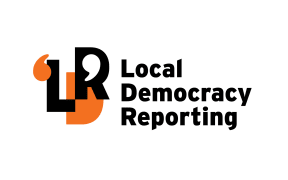
Local Democracy Reporting is a public interest news service supported by RNZ, the News Publishers' Association and NZ On Air.
